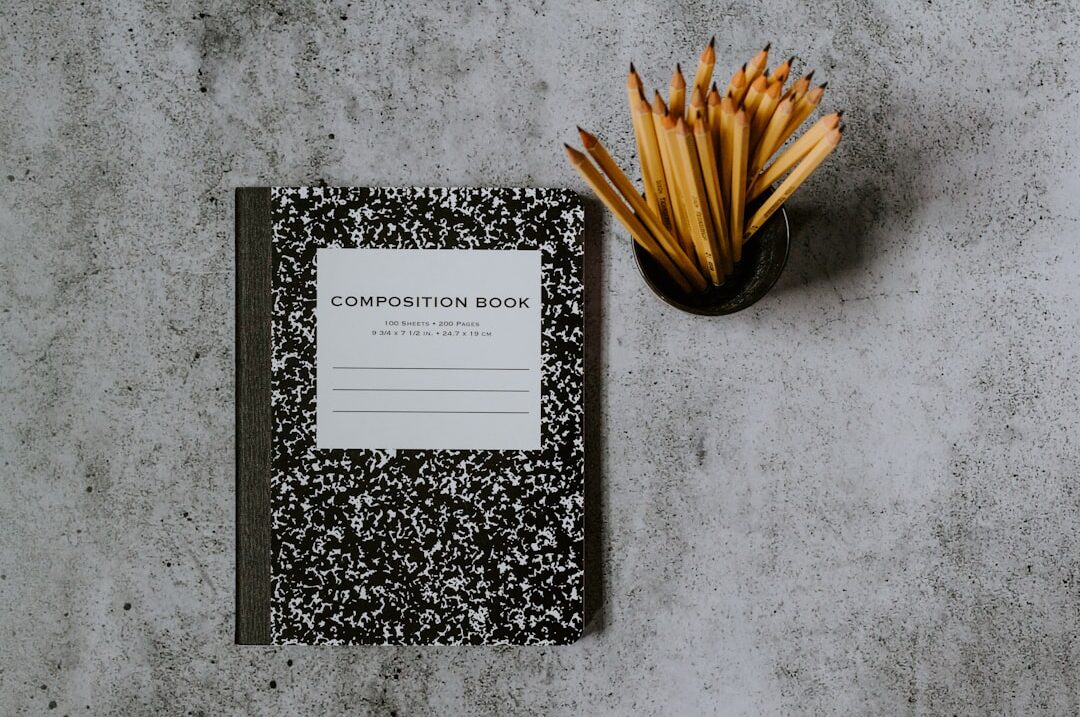How to Turn Interview Failure into Career Success in 2025 | Huru.ai


Practice unlimited interviews, get instant feedback, and build unstoppable confidence with Huru.ai — Start for free & ace your next opportunity!
Embrace Interview Failure as a Stepping Stone to Career Growth
Failure in the interview process can feel crushing, but it’s actually the first chapter in every great success story. Rather than seeing a rejection as a dead end, recognize it as a powerful teacher. Interview failures reveal gaps and opportunities for growth that success alone could never illuminate. This mindset forms the bedrock of resilient, high-achieving professionals.
- Reframing setbacks boosts psychological resilience and nurtures a growth mindset.
- Seeing each “no” as a necessary step to “yes” helps you detach from outcome anxiety and focus on learning.
- Top interviewers use failure as feedback — not as a reflection of their worth, but as a guide to mastery.

Analyze Your Interview Failures: A Systematic Approach to Improvement
Turning failures into actionable insights starts with careful analysis. Don’t just move on — take the time to document each interview experience. Many career experts recommend creating a rejection resume: a list tracking the positions you applied for, interview stages, your perceived strengths and weaknesses, and any feedback received.
Use the STAR method (Situation, Task, Action, Result) to deconstruct each interview and pinpoint what went well and what didn’t. This helps identify recurring patterns and skills that need improvement.
Huru.ai’s instant feedback feature makes this process effortless. After every mock interview, you receive detailed, actionable feedback — instantly. Track your progress, spot trends, and watch your performance transform with each practice session.
- Record the questions that stumped you and the moments you felt unprepared.
- Note both technical and communication challenges.
- Use your findings to set clear, measurable goals for each next attempt.
💡 Key Takeaway
Documenting your failures using a systematic method transforms negative experiences into a personalized blueprint for interview excellence.
Extract Powerful Lessons: Transform Setbacks into Strengths
Every failed interview offers at least one lesson. By reflecting deeply and honestly, you can uncover the core reasons behind your setbacks. Was it a gap in job-specific knowledge? Nervous body language? Weak storytelling?
- Skill gaps: Identify missing technical or soft skills and devise a plan to improve them.
- Communication issues: Practice answering common interview questions out loud, focusing on clarity and conciseness.
- Preparation errors: Research companies and roles more thoroughly before each future interview.
Use Huru.ai’s unlimited practice mode to rehearse until your weak spots become your greatest strengths. The platform’s AI-driven feedback pinpoints exactly what to work on, so every attempt moves you closer to success.
For more stories on transforming failure into compelling success narratives, visit Talking About Your Creative Failures: Turning Setbacks Into Success Stories.
Build Accountable Action Plans to Avoid Repeated Mistakes
It’s not enough to learn from mistakes; you need a system to ensure you don’t repeat them. Take ownership by creating a checklist of targeted improvements:
- Set SMART goals: Define Specific, Measurable, Achievable, Relevant, and Time-bound objectives before your next interview.
- Schedule regular mock interviews (at least weekly) to build muscle memory and confidence.
- Incorporate feedback loops using Huru.ai to see real, trackable progress.
- Document your journey in a digital journal or feedback tracker.
Looking for more ways to measure your progress? Explore Measuring Your Impact: How to Quantify Your Success in Interviews.
💡 Key Takeaway
Transformation only happens when you convert lessons into action and hold yourself accountable to improvement.
Tailor Your Strategy: Align Your Growth With Future Job Targets
Generic prep leads to generic results. Instead, analyze the unique requirements of your dream roles and industries, and customize your practice and self-improvement efforts accordingly. Use insights from past failures to anticipate the skills, values, and challenges most relevant to your target employers.
- Research job descriptions to spot consistent requirements and keywords.
- Prepare stories that demonstrate how you’ve turned past setbacks into strengths — a trait highly valued during behavioral interviews.
- Practice answering the “What is your biggest failure?” question authentically and positively. (See Defining Your Win: How to Talk About Success in an Interview for more strategies.)
With Huru.ai, you can customize your mock interview to match your industry and desired role, ensuring your practice is always relevant and high-impact.
Boost Confidence and Prepare Mindfully for Upcoming Interviews
Confidence grows with preparation, but authenticity is just as important. Use each practice round to refine your delivery, but avoid memorizing answers verbatim. Instead, focus on:
- Storytelling: Turn your setbacks into narratives of resilience.
- Body language and tone: These nonverbal cues are often deal breakers.
- Adapting in real time: Think on your feet, and treat every question as an opportunity to showcase learning and adaptability.
To practice with real-time, AI-powered feedback that helps you adjust on the fly, try Huru.ai’s instant feedback feature.
Learn more about how to turn errors into growth opportunities at Learning from Mistakes: Turning Errors Into Growth Opportunities in Interviews.
Cultivate Emotional Resilience and Mindset for Long-Term Success
Job search setbacks can take a toll on motivation and self-esteem, but long-term success depends on building emotional resilience. Strategies include:
- Practicing self-compassion and recognizing that setbacks are a universal part of career growth.
- Reframing negative self-talk into positive affirmations.
- Setting boundaries to avoid burnout and maintain focus.
- Celebrating small milestones and progress, not just big wins.
Take a look at CTO Interview Questions: Showcase Your Technical Leadership for more ways to demonstrate adaptability and leadership, especially when discussing past failures.
Leverage External Tools and Resources to Accelerate Your Progress
Modern job seekers have more resources than ever for turning failure into future success. Consider the following:
- AI-powered interview coaches (like Huru.ai) for unlimited, on-demand practice and instant feedback.
- Career podcasts like Tim Ferriss’s “How to Turn Failure Into Success” for inspiration and tactical advice.
- Books such as “Designing Your Life” by Bill Burnett & Dave Evans for building a resilient, growth-focused career path.
- Online courses and webinars on resilience, storytelling, and interview technique.
Combine these tools with your personal insights to unlock exponential career growth.
💡 Key Takeaway
Huru.ai’s AI-powered feedback and unlimited practice uniquely position you to break the cycle of repeated setbacks and build genuine interview mastery.
Watch: How to Turn Career Setbacks Into Your Next Breakthrough (YouTube)
For a dynamic walkthrough on transforming interview failure into future success, watch this recommended video:
Coach Allan Rojas, a career coach, shares proven strategies on turning setbacks into comebacks, developing resilience, and mastering storytelling for career growth. Watch on YouTube.
About the Author
Elias Oconnor is a content writer at Huru.ai, specializing in career strategy, interview mastery, and professional growth. Passionate about helping job seekers unlock their potential, Elias delivers actionable insights that turn setbacks into stepping stones for success.


 Apr 02,2025
Apr 02,2025  By Elias Oconnor
By Elias Oconnor